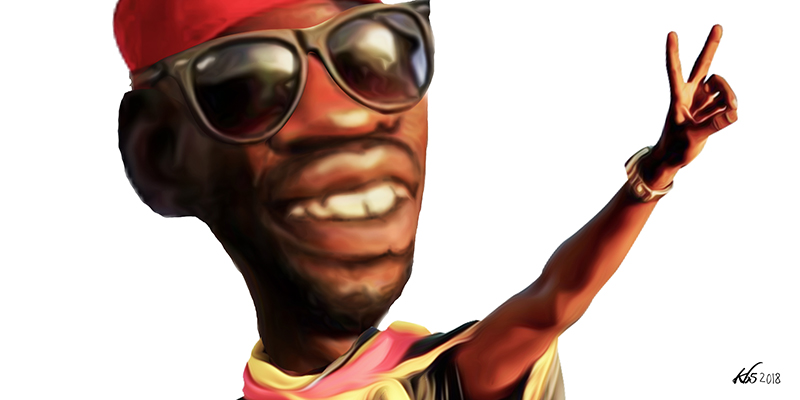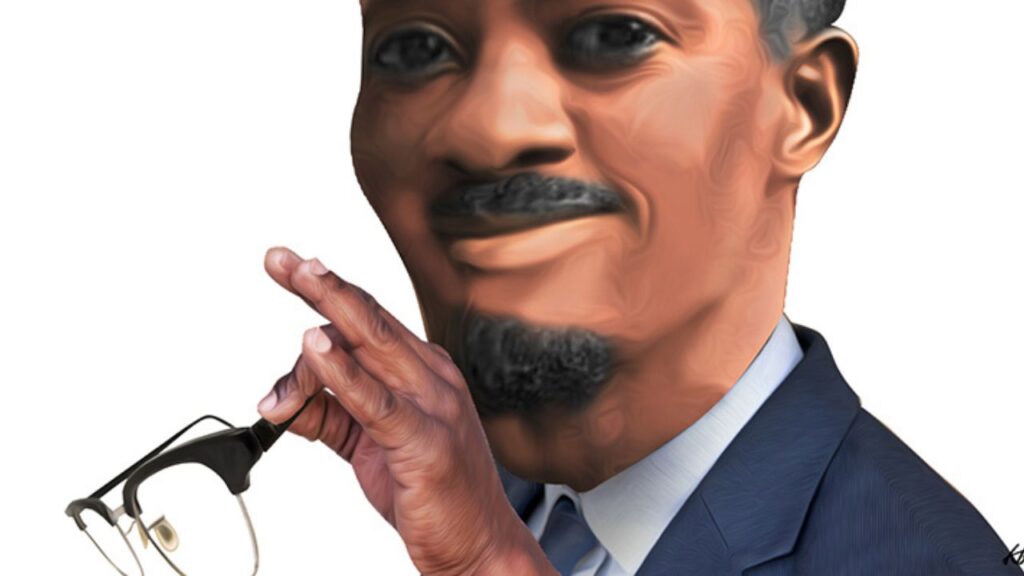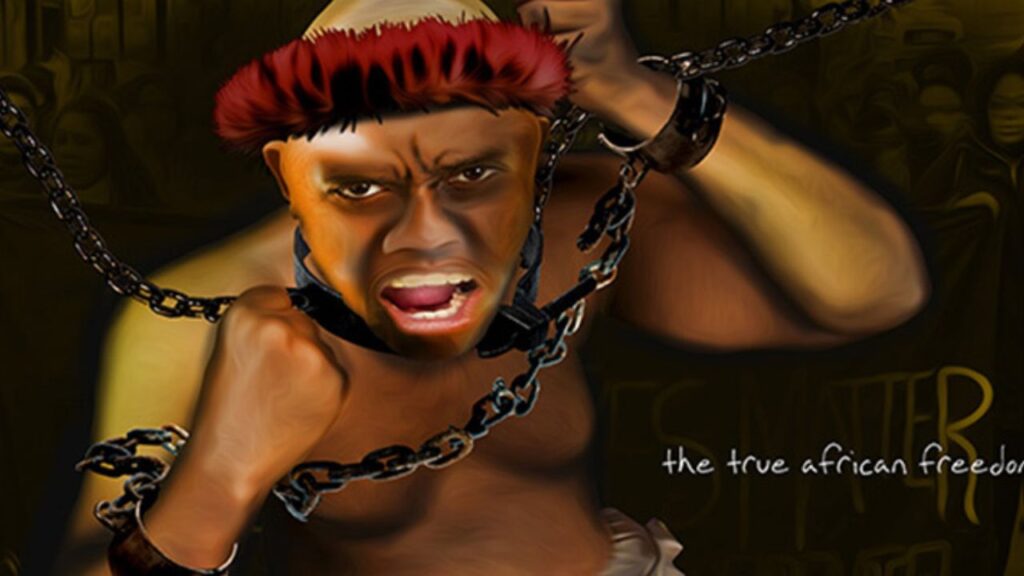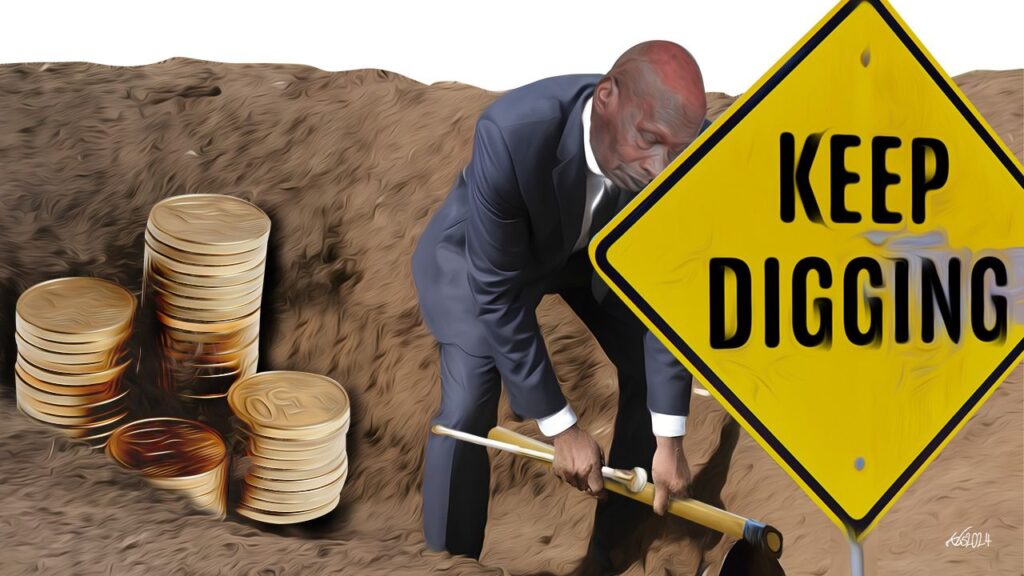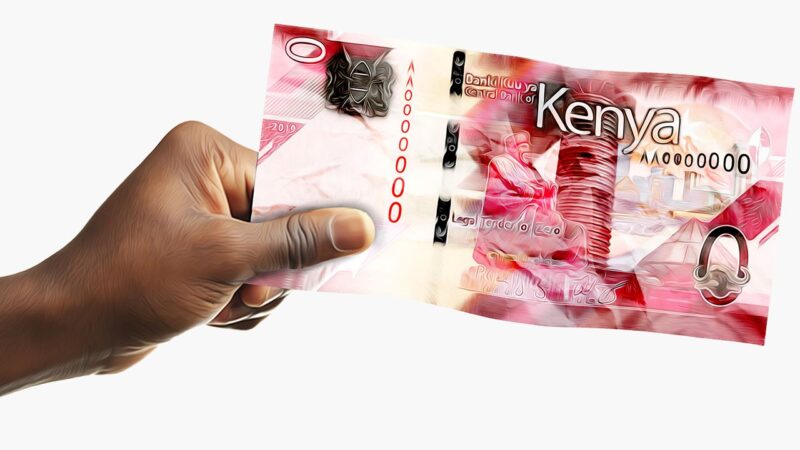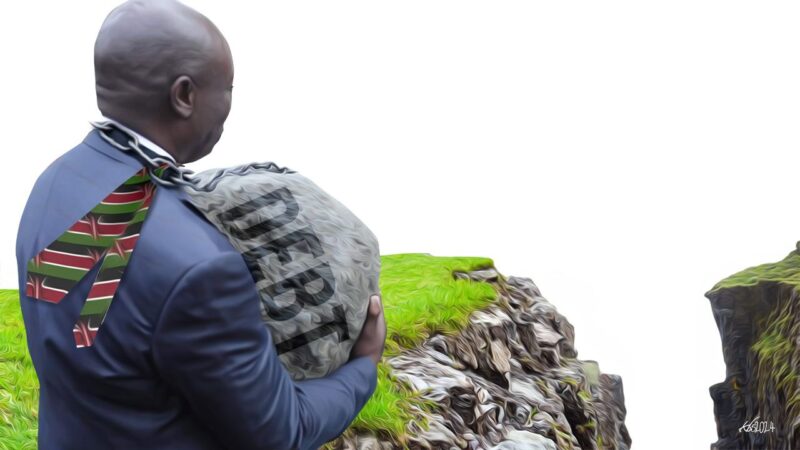‘‘I believe in the politics of friendship. Without the politics of friendship there can be no radical movement.’’ – Srecko Horvat
‘‘…struggles, incarcerations and whistle blowing bring people together through friendship to try and do something. Will we succeed? Who knows! Who cares! What matters is the actual process of trying to do it… the chances may not be good. But we have the moral obligation to try’’
– Yanis Varoufakis
It came as a huge relief to many – especially to his wife Barbara and their four children – to learn that the highly popular Ugandan musician and MP for Kyaddondo East, Robert Kyagulanyi Ssentamu – popularly known as Bobi Wine – was still alive following his dramatic night arrest on August 13, 2018 in Arua town, Northern Uganda. The country’s political machinery – including President Yoweri Kaguta Museveni of the ruling National Resistance Movement (NRM) and Dr. Kizza Besigye Kifefe of the opposition’s Forum for Democratic Change (FDC) – had descended on Arua Municipality to drum up support for their respective candidates in a hotly contested by-election necessitated by the June 8, 2018 shooting to death of the incumbent MP, Ibrahim Abiriga, a Museveni loyalist who was killed alongside his bodyguard by hitmen riding on a motorcycle.
Kyagulanyi, who some say appears to have been flirting with the idea of establishing a people’s movement – a third force of sorts away from the Museveni-Besigye historical antagonism – arrived in Arua with clarity of purpose. Lately, he had been preaching that Uganda’s problems would not be solved through adherence to political party positions, and had been urging his supporters to think of broader formations, a proposition which sounded a little vague and amorphous.
On arriving in Arua, Kyagulanyi chose to back a different candidate from those backed by the big boys, Besigye and Museveni. Addressing a packed rally, he acknowledged that the divided opposition risked losing the seat to Museveni’s NRM, seeing that the crowded field of contestants had five individuals who passed for progressives. The way out, he suggested, was if the opposition overwhelmingly voted for the most suitable candidate out of the five. He endorsed Kassiano Wadri, a onetime MP and parliamentary whip in Besigye’s FDC, who ran as an independent. On August 15, Wadri won the seat from his prison cell.
Two notable events happened during the final round of campaigns in Arua. The first was when Kyagulanyi led a huge procession of cheering supporters – him riding atop a vehicle and urging his followers on – past a relatively well-attended Besigye rally, forcing the former army colonel to cut short his speech and wait for the noise to subside, seeing that the uninvited guests had overpowered the strength of his microphone. The whole episode had a somewhat humiliating effect on Besigye, the long-time undisputed symbol of opposition politics in Uganda. He nevertheless maintained a straight face, eventually succumbing to a group dance once the music started playing, seeing that the only way to ignore the intruders was by getting busy.
The second incident took place when President Museveni’s convoy was driving out of Arua and passed a group of supposed Kyagulanyi supporters who jeered the head of state. However, according to Museveni’s version of events, as posted on his Facebook page, his convoy was stoned, resulting in the shattering of the rear window of his official vehicle. It was this second event that resulted in Kyagulanyi’s troubles.
In a hurried tweet sent on the fateful August 13 night, Kyagulanyi released a photo of the lifeless body of his driver, Yasiin Kawuma, shot inside the MP’s vehicle. “Police has shot my driver dead thinking they’ve shot me. My hotel is cordoned of…” read part of the tweet. The message was perturbing. Kyagulanyi’s followers expected more updates from him but none came.
The following day, news broke that the MP had been arrested, alongside 33 of his colleagues on the Arua campaign trail, their whereabouts remaining a mystery. It was alleged that Kyagulanyi had been found in possession of a gun in his hotel room, and was being charged with treason before a military court. There were fears that he and his colleagues had been heavily tortured.
In a hurried tweet sent on the fateful August 13 night, Kyagulanyi released a photo of the lifeless body of his driver, Yasiin Kawuma, shot inside the MP’s vehicle. “Police has shot my driver dead thinking they’ve shot me. My hotel is cordoned of…” read part of the tweet. The message was perturbing. Kyagulanyi’s followers expected more updates from him but none came.
***
Kyagulanyi became a person of particular interest to the Ugandan state following his June 29, 2017 victory in a parliamentary by-election in Kampala. Running as an independent against Museveni’s NRM and Besigye’s FDC, the new kid on the block seemed to have brought with him the multitude of supporters accumulated through his music career, merging showbiz with the new business of commandeering an insurrection in Uganda, shifting from artist to politician and vice versa.
The Ghetto President – Kyagulanyi’s other moniker – had taken Uganda’s political establishment by storm, and possibly by surprise, some having imagined that the satirical (or not) ghetto presidency had no tangible political implication. However, the residents of Kyaddondo East – the real and proverbial ghetto Kyagulanyi governed – showed through the ballot that his “presidency” was real.
One of the early signs that Kyagulanyi would prove troublesome to the Museveni regime was his defiant and confrontational conduct during the debate to abolish the presidential age limit, a sneaky NRM-driven amendment that sought to scrap a constitutional provision barring anyone beyond 75 years of age from contesting for the country’s presidency. For the NRM, it was necessary to leave a window of possibility open for Museveni were he to entertain thoughts of participating in future elections. Kyagulanyi, as part of the opposition’s Red Beret movement, became a star attraction when violence broke out, turning parliament’s debating chamber into a boxing ring.
Photographed and filmed physically facing off with overzealous state security agents who breached parliamentary protocol and sneaked in to manhandle opposition MPs, Kyagulanyi engaged in fist fights with Museveni’s henchmen, who seemed to have marked him as a prime target. When the same series of events were repeated a second time, Kyagulanyi uprooted a microphone stand and used it as a weapon against the security men, proving that when push came to shove, he was willing to use his fists in defending the things he believed in. Museveni took note.
***
Kyagulanyi had only been an MP for a year when a new group of pundits began comparing him to the FDC’s Besigye. The young MP was holding massive rallies wherever he went in Uganda, a spectacle previously seen as a preserve of the consummate FDC leader. Suddenly, Besigye appeared to have a challenger for the opposition’s throne.
Before Arua, there had been a number of other by-elections in Jinja East, Bugiri, then Rukungiri, Besigye’s home district. In an interesting turn of events, Besigye’s FDC candidate won Jinja East, with Bugiri going to Kyagulanyi’s candidate. However, when it was Rukungiri’s turn, Besigye and Kyagulanyi combined forces and campaigned together for the victory of the FDC candidate. In his party’s acceptance speech in Rukungiri, Besigye said that the election was won not because they had the numbers but because of defiance, and thanked Kyagulanyi for his support, a clear acknowledgement that the veteran appreciated the capabilities of the rookie. It is through these successive by-elections that Kyagulanyi got an early chance to test his support outside of Kampala.
Kyagulanyi had only been an MP for a year when a new group of pundits began comparing him to the FDC’s Besigye. The young MP was holding massive rallies wherever he went in Uganda, a spectacle previously seen as a preserve of the consummate FDC leader. Suddenly, Besigye appeared to have a challenger for the opposition’s throne.
Upon Kyagulanyi’s arrest in Arua on the night of August 13, among those who demanded for his immediate release were Besigye and other leading FDC figures, including Kampala’s Mayor Erias Lukwago, who was acting as one of Kyagulanyi’s attorneys, and the former head of Uganda’s military and FDC stalwart Major General Mugisha Muntu, who stood front and centre in his defense.
Yet the Besigye-Kyagulanyi comparisons wouldn’t go away, even at this dicey time. On leaving Kampala’s Lubaga Cathedral on August 22, where prayers were being held for Kyagulanyi, a journalist asked Besigye if he might be a stumbling block to the young MP’s political project for Uganda. ‘‘People have to get this clear,’’ Besigye said. “I am not contesting for any seat and there is no leadership contest between Kyagulanyi and I.”
From the cathedral, Besigye headed for a night radio interview, where he furthered the gospel of freeing Kyagulanyi. The following morning, on August 23, Besigye took to social media to post familiar photos of police vehicles barricading the road leading to his home in Kampala’s Kasangati area in an effort to block him from standing in solidarity with Kyagulanyi, who was being presented before court. The residences of Mayor Erias Lukwago and Ingrid Turinawe, the head of the FDC’s Women’s League, were also cordoned-off. Coincidentally, a 2016 video of a defiant Turinawe confronting policemen and throwing open roadblock spikes placed outside the road to Besigye’s home had been trending.
***
In reading Ugandan journalist Daniel Kalinaki’s book Kizza Besigye and Uganda’s Unfinished Revolution, one realises that fighting Museveni is not a walk in the park. Detailing the early days of the National Resistance Army (NRA) – later NRM – bush war, Kalinaki takes one on the long journey Besigye travelled as a comrade of Museveni before the two fell out. Besigye had come to realise that Museveni had gone rogue and had started to shop around for comrades who were courageous enough to stand up to the latter’s fast growing dictatorship.
In an interesting turn of events, Besigye even asked his wife, Oxfam’s executive director, Winnie Byanyima, if she thought she could lead the onslaught. When everyone else thought they weren’t ready yet to lead the revolt, Besigye grudgingly decided to be the man of the moment, starting a journey that would take him to prison, exile and back, which cost him broken limbs and more.
There is no doubt that Kyagulanyi has become a political sensation in Uganda. It also has to be said that depending on how things go – considering factors within and outside his control – he may have a truly bright future as an important leader in the struggle for the liberation of Uganda.
However, throughout this period of his detention, and looking back at his meteoric rise as one of Uganda’s most visible opposition figures, one wonders what this moment portends for Kyagulanyi, since, as many had predicted, it was only a question of when – and not if – Museveni would strike back with the might of his state security apparatus. It is in looking at individuals like Besigye – on whose shoulders Kyagulanyi must stand, one way or another – where some answers, certainly not all, will arise. It is the likes of Besigye, who have travelled this road before and who refused to compromise, who may offer Kyagulanyi some clarity. It is through such associations that Kyagulanyi may learn how to navigate certain difficult terrains. Kalinaki’s book shows how a youthful Besigye was forced to make tough choices the moment he chose to oppose Museveni, lessons that Kyagulanyi can benefit from.
There is no doubt that Kyagulanyi has become a political sensation in Uganda. It also has to be said that depending on how things go – considering factors within and outside his control – he may have a truly bright future as an important leader in the struggle for the liberation of Uganda.
***
In “wanting to stress that we live in dangerous times in which everyone opposed to the political and financial powers might soon become targets”, a unique series of events held in July 2016 titled ‘‘First They Came for Assange’’ happened simultaneously across 14 cities, marking four years since WikiLeaks founder Julian Assange sought refuge at the Ecuadorian Embassy in London. It was during such an event in Brussels that Greece’s former Finance Minister, Yanis Varoufakis, while in conversation with the Croatian philosopher Srecko Horvat – both of whom are Assange’s close friends and regular visitors to his place of isolation – said the following:
“We talk about brave people like Julian… all those people that are putting themselves in the line of fire on behalf of that which is good and proper. But there is a lot of cowardice today, friends, ladies and gentlemen. Julian Assange has a problem with his shoulder. Do you know that it is impossible to get a shoulder specialist to come into the embassy and take a look at him? Because they fear they will lose their clientele. We have to remember that human beings are capable of the best and the worst. Our job as a movement is to cultivate the former against the latter.”
Julian Assange may or may not be some people’s ideal example of a freedom fighter, but there is no denying the fact that through his continued isolation at the Ecuadorian Embassy in London, he has become a contemporary example of how persecution can be meted out on an individual for reasons directly or indirectly linked to their revolutionary actions and beliefs.
Importantly, the words by Varoufakis underline one truism that is apparent as we witness the overwhelming outpouring of support for Kyagulanyi. With hundreds, if not thousands, using his silhouette as their profile picture on social media, we must come to the conclusion that there can be no successful revolution in these times we live in – where everyday struggles push us into little survival cocoons – without the politics of revolution embracing the politics of friendship. Even a retweet or an M-Pesa contribution can trickle into a massive pot of support that may just turn the tide.
The journey will be long and tedious – especially after Kyagulanyi’s release.

